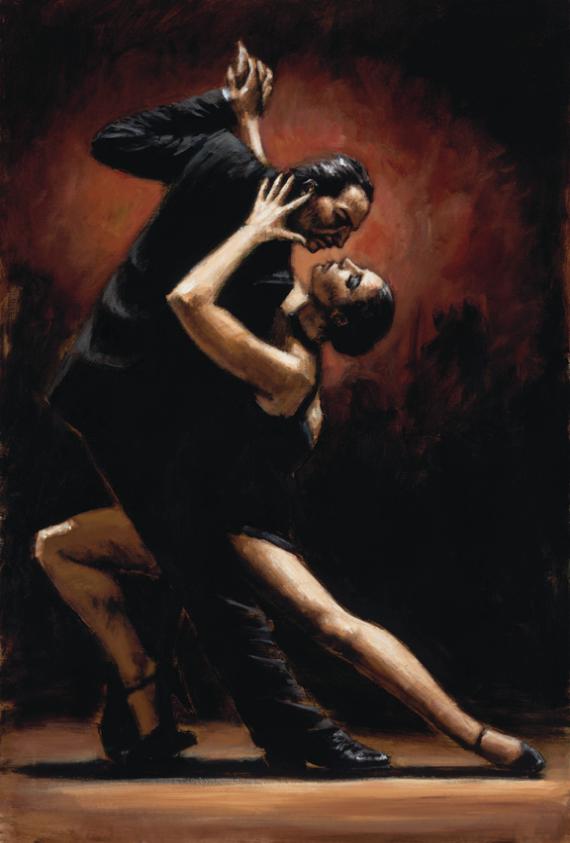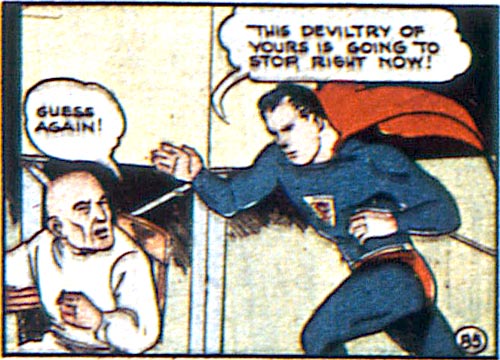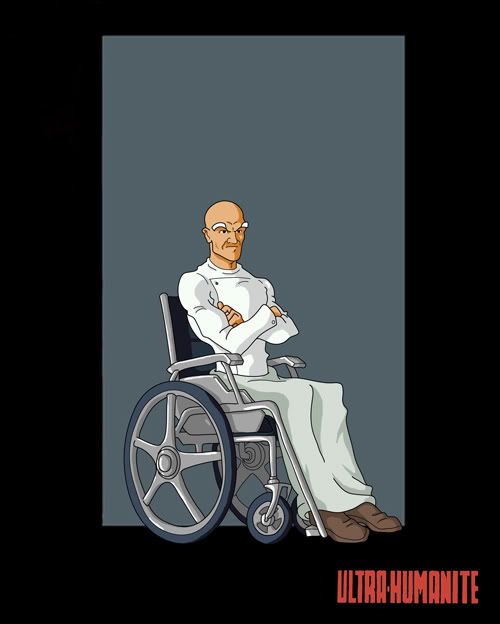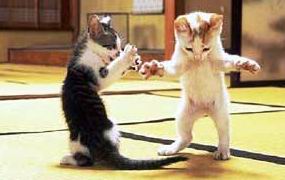That sundae was an homage to the sundaes they used to serve at a drive-in restaurant I went to, as a kid, called "The Kiltie." The sundae at "The Kiltie" was called a "Circus Sundae," and had chocolate syrup on vanilla ice cream, with some frosted animal cookies on it.
I never understood the link between animal cookies and circuses; possibly, the animals represented by cookies were circus animals? I don't know -- we didn't think about it much because ice cream usually didn't require much thought. Or forty-eight hours prep time.
*Sound of one shoe dropping*
Ice cream, one would think, would require minimal prep time, if you are not making the ice cream from scratch (as I used to do when I lived on a student budget. I don't know if it was cheaper to make my ice cream from scratch. I do know that when I lived on a student budget I had $35 per month for 'entertainment' set aside, and 'entertainment' included clothing, as well, so once I had to choose between getting a new pair of shoes and going to a movie. I chose the shoes. So I made ice cream not as a way of saving money, but as a form of entertainment.) Ice cream should require maybe a few minutes sitting on the counter to let it soften up enough to scoop it easily out of the container, max, right?
RIGHT! say all the people who do not know the best way to eat ice cream/demonstrate that you are a soulless monster. All those people, people like me, think that ice cream is a simple, inexpensive treat that has nothing in common with jewelry, which is (A) why we have at least a chance of going to Heaven and (B) have never eaten "Serendipity's Grand Opulence Sundae."
I don't remember where I first heard about this abomination, but it's enough to know that it exists and that there are people who can order it and somehow sleep at night.
The "Grand Opulence Sundae," I think, has to be a joke, but if so, it's not funny. It actually appears on the Serendipity III's menu, listed at $1,000. Why is it a thousand bucks for a sundae?
Here's the recipe, taken from a site that didn't know how to spell "opulence" but tried to blog about it anyway:
Start with 5 scoops of premium vanilla ice cream made from Tahitian Vanilla beans and Madagascar Vanilla and cover them in 23k edible gold leaf.
Drizzle the whole affair with the world's most expensive chocolate, Amedei Porceleana and chunks of rare Chuao Chocolate.
Then suffuse the sundae with Parisian candied fruit, gold dragets, truffles and Marzipan Cherries.
Place a tiny bowl of Grand Passion Caviar on top and serve in a baccarat Harcourt crystal goblet with an 18k gold spoon.
For the finishing touch, add a gilded sugar flower by Ron Ben-Israel.
As I said, this has to be a joke, right? The menu at the restaurant says "Guiness World Record," so this was a stunt or something, right? STILL NOT FUNNY but someone's attempt at a joke, right?
Maybe not. You can watch one being made:
And the site where I got the link to that also claims that Serendipity serves not just a $1,000 ice cream sundae but a $25,000 Frozen "Haute" Chocolate:
(The Haute Chocolate is described on the restaurant's site as "The World's Most Expensive Dessert,":
served in a baccarat Harcourt crystal goblet with an 18 carat gold and white diamond bracelet attached to the neck. The goblet is further laced with 23 carat edible gold. The recipe includes Serendipity frozen hot chocolate mix that contains 14 rare and secret cocoas, 14 of the world rarest and most expensive cocoas from Africa and South America, milk, ice cubes whipped cream and shavings from the world's most expensive truffle, the La Madeline au Truffle ($2,500 a pound). Topping it with five grams of 24 carat edible gold, this opulent dessert is served with a $14,000 jewel encrusted spoon. The bracelet and the spoon belongs to the sweet-toothed customer who ordered this bejeweled dessert.
Although it seems both cheating, and remarkably dumb, to include 'jewelry' as part of the dessert. If I serve you a pizza inside a mansion, and you get to keep the mansion, would that make the pizza the world's most expensive?
Or would it just be dumb?
The restaurant claims to sell about 1 sundae per month, and the 48-hour notice is required, according to Wikipedia, because ingredients have to be flown in from around the world.
I went looking to find someone who had actually eaten -- paid one thousand dollars to eat-- this ice cream sundae, and I found this blog that was chock-full of poor spelling, claiming that people who have "accomplished something" and feel like "donating money" --
NOTE: I FOUND NOT ONE SINGLE THING THAT WOULD CLAIM THAT EATING THIS REPRESENTATION OF WHAT IS WRONG WITH PEOPLE IN SOME WAY HELPS ANY CHARITY
-- and which, poor spelling and all, wanted to suggest that the author had eaten the sundae but clearly he or she had not. This site, meanwhile, claimed "there are many people" who would tell you the sundae is "worth every penny" but couldn't name one of the "many" people.
Another blog claimed that in the 9 years the restaurant had offered this Way To Prove You Are Awful, it had sold 200, citing a restaurant spokesperson, but then THIS blog claimed that the first one (or maybe the first one at the DC version of the restaurant) had been sold to celebrate a 12-year-old's birthday.)
AS AN ASIDE: Congratulations, mom and dad: you are among the World's Worst Parents!
Let me just point out that all the blogs say that the ice cream is luxurious and that the whatever is whatever and let me say that all of that talk about how the more expensive something is, the more whatever it is. That is bullsh*t.
PEOPLE MAKE THINGS MORE EXPENSIVE SO THAT RICH PEOPLE WILL PAY MORE FOR THEM THE POINT BEING THAT THE RICH WANT TO PAY A LOT OF MONEY TO HAVE THINGS WE CAN'T HAVE.
There is, of course, a link between how expensive something is and the quality it will have. I get that: when I buy a toy at the Dollar Store, as I do because I am not rich, I know that toy will likely be far lower quality than a $40 toy from Toys "R" Us, and the same goes with food, generally: discount, 2-for-$1 boxes of generic Frosted Mini Wheats are not going to generally be as delicious/nutritious as full-price name brands.
But there is an upper limit. There is clearly a point where the ice cream can get neither icier nor creamier, and hence there is a maximum price point where, after that, you are paying for things likee "edible gold leaf," which: all gold is edible, it's just harder to chew, or you are, more clearly, paying for things like "HA STUFF IT WAIT STAFF THIS ICE CREAM COSTS MORE THAN YOU WILL MAKE THIS MONTH AND I'M GOING TO GIVE IT TO MY BRATTY 12-YEAR-OLD SNOT."
I mean honestly, the "world's most expensive chocolate?" What separates that from melted down Hershey's bars?
(I look forward to at least one commenter telling me about some process that makes chocolate from the Andes taste far better, or some kind of crap.)
I want to put this in perspective, for that commenter, and for anyone who is tempted to defend (or try!) a dessert like this or the mere idea that we should fly in desserts for people.
The USDA puts out monthly estimates of food costs. You can read them online, when not leaving comments somewhere about how awesome it is that we can have someone hand-carve an edible flower for dessert. The most recent stats available, May 2013, have for a family of four an average cost of food $1,032 for a month, on a "moderate" plan, and $632 on the "thrifty" plan.
The "thrifty" food plan is the one that people on food stamps are supposed to be eating -- it's what they could afford. That includes such luxuries as one serving of cereal per child per week. But that lucky kid also gets a whopping 3.45! servings of milk! Imagine that lucky kid on food stamps, getting to wash down his PB&J with a cold glass of milk as many as 3.45 times per week!
"Mom, can I have some milk?"
"Not until tomorrow, Junior. Enjoy your 0.41 cups of dry cereal."
Dinner could be either the 0.19 servings of "red meat, lower cost," or perhaps one of the 2.45 eggs allotted that child per week, alternated with 1.18 potato servings per week.
That's for a child aged 9-11.
On average, Serendipity claims some awful person walks into one of their restaurants, once a month, and orders a sundae that would buy food for a family of four for two months.
Did you know, too, that there's a huge fight over whether we should continue to fund foodstamps? 1 in 7 Americans receives them. 1 in 7 Americans has to tell their kids they only get a glass of milk every other day.
But we might cut that program because it's really expensive guys, to keep people from starving. News articles focus on the 'profiteering' that allegedly goes on over food stamps, claiming that it's a huge boondoggle. (The latest talking point is a claim that people are buying food with foodstamps and shipping it to relatives overseas. If that's true, nobody has yet proven it.)
Congress, which plans on working a solid 12 days between July 25 and September 30 -- seriously: the Congressional schedule has TWELVE workdays out of 67 days in that period-- wants to cut food stamps by $100,000,000,000 over ten years, fake numbers that don't mean anything because they're not binding.
"Food Stamps" are actually a program known as "SNAP," the "Supplemental Nutrition Assistance Program." In 2012, 47,000,000 people received SNAP, 72% of those being families with kids.
(ENJOY YOUR 1 egg every 3 days kids!)
The average SNAP household makes less than $2,100 per month (for a 3-person family) and gets about $133 per month in benefits. SNAP cost $81,000,000,000 in 2012, but 92% of that was money given to people -- the administrative costs of SNAP are 5%, mostly helping the states (laboratories of democracy!) administer the program.
$81,000,000,000 sounds like a lot, but you're thinking small potatoes. The federal budget in 2012 was
$3,795,547,000,000
or 3,795 billion dollars. That makes food stamps less than 2% of the federal budget.
The Department of Defense, meanwhile, asked for (and will get) $118,000,000,000 just to fight in Iraq this year. Over the next two years, the Iraq war (which, technically, isn't that over?) will spend an amount equal to food stamps each year. Which means we could fully fund food stamps AND cut the deficit if we hadn't elected Cheney's Puppet and started and continued a bogus war designed to benefit defense contractors.
So what will those families do when food stamps get cut and they can't get help buying their kids 2.45 eggs per week?
One of the food recommendations from the USDA was to buy low-cost meat. Nothing is lower-cost or higher in deliciousness than a good hot dog, so maybe those families could get their kids some of these:
That's the Serendipity Hot Dog. It costs $69.00.
*Sound of other shoe dropping*
But the ketchup is made from heirloom tomatoes! Savor that taste: it'll provide you comfort when you're burning in a pit of fire for all eternity.
























